Curious Questions: Why is chocolate poisonous to dogs?
Chocolate is potentially life-threatening to dogs and other animals throughout the year, but more issues crop up around Easter, when chocolate is in high supply. Alexandra Fraser, with the help of veterinary doctor Jessica May, explains how to act if you suspect your pet had been poisoned.


There are few things a dog owner fears more than an empty chocolate wrapper and a smug looking pet. It's so well known a fact that we don't really need to dive into the science of it to convince you not to buy your puppy a Colin the caterpillar for his birthday. Dogs and chocolate do not mix.
Nevertheless, it can be reassuring to know that, unlike the utter falsehood that a swan can break an arm, our fears in this are not misplaced.
Chocolate poisoning does not just affect dogs, but cats, rabbits and even birds. Dr Jessica May, lead vet at FirstVet (the video vet service) explained to us exactly what it is about chocolate that makes it poisoness to pets.
'Chocolate contains a chemical called theobromine, which is found in all cocoa products. Any product containing cocoa can be potentially dangerous to pets and, as a rule of thumb, the higher the cocoa content of a product, the more theobromine it contains and the more toxic it is. This means that dark chocolate presents the biggest health hazard for your animal, regardless of species or breed, while white chocolate is much less toxic.'
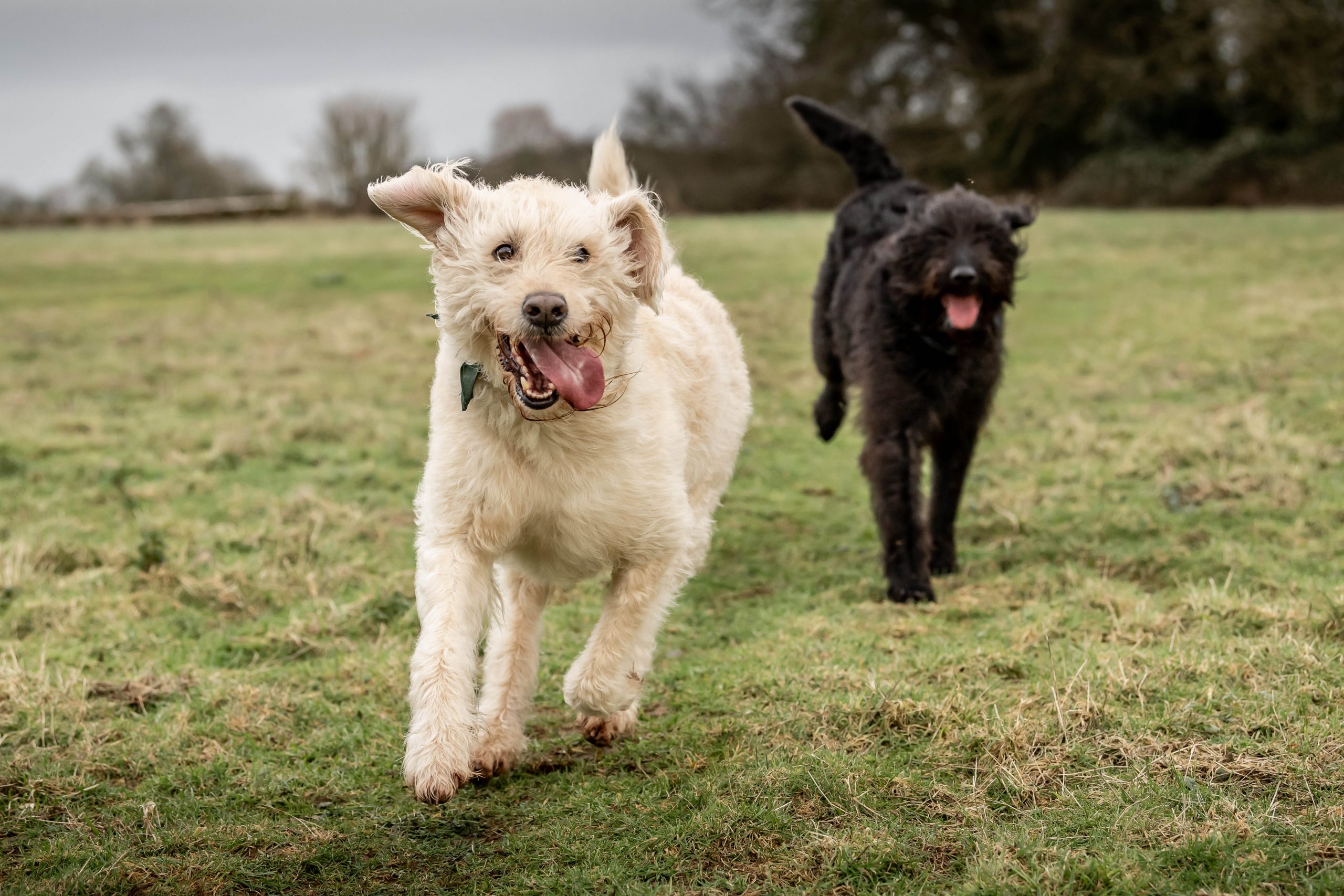
So why does theobromine affect dogs, but not humans? This is when we get into the science of it all.
Humans metabolise theobromine at a much faster rate than animals. 'Theobromine is metabolised in the liver.' Says Dr May. 'The half-life of theobromine in the human body is 2-3 hours. In contrast, the half-life of theobromine in dogs is about 18 hours.'
Unsurprisingly, the smaller the dog, the more dangerous chocolate poisoning is. 'For a 10 kilogram dog, just 60-70 grams of dark or cooking chocolate could be fatal, so chocolate poisoning is a serious issue for small-dog owners.'
Sign up for the Country Life Newsletter
Exquisite houses, the beauty of Nature, and how to get the most from your life, straight to your inbox.
The good news is that, if caught in time, vets can treat chocolate poisoning fairly easily. They'll administer an anti-toxin absorbent (something like activated charcoal), and if a case is more extreme, they'll induce vomiting or administer an intravenous drip.

Although prevention is better than cure, Dr May has let us know the top symptoms to look out for: 'Vomiting and diarrhoea are two of the most obvious symptoms of chocolate poisoning, but you should also look out for any signs of restlessness, excitability, wobbliness, or stomach ache. Chocolate can also make animals drink and salivate more than usual, or cause changes in their heart rate.
'More severe cases of chocolate poisoning can cause involuntary urination, muscle tremors, and seizures. If your pet is displaying any of these symptoms, it’s best to get them to a vet straight away.'
It's imperative to keep your chocolate away from your pets throughout the year, but more problems tend to crop up around Easter, where chocolate eggs are prevalent and often low to the ground. If you're having an Easter egg hunt, keep your dog inside and away from all the excitement.
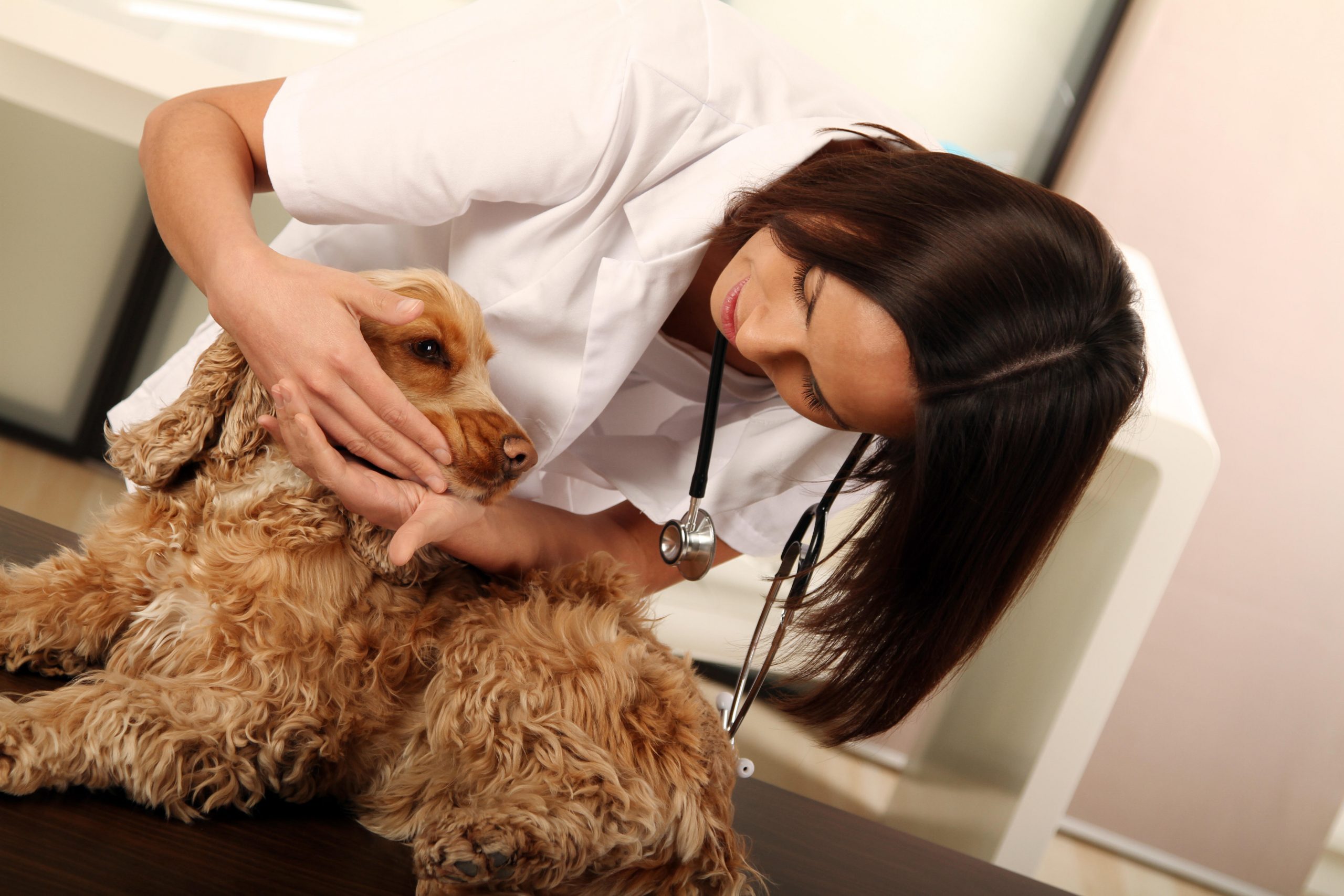
Dr May leaves us with an acronym to stick to if your believe your pet has been poisoned:
- S - Stop access to any poison. It may seem obvious but stop your pet eating any more of the chocolate.
- P - Phone the vet. Keep your vet’s phone number and their emergency (out of hours) number handy, in case you ever need them.
- E - Emergency appointment. You cannot ‘wait and see’ with poisons, as many do not affect your pet straight away. Some can take several days to cause symptoms, all the while doing damage to the internal organs. Getting your pet seen immediately gives you the best chance for treatment to be effective.
- E - Evidence. Knowing what the potential poison is will really help your vet make a rapid diagnosis and create the best treatment protocol for a successful recovery. If you still have the box of chocolate, then take it with you.
- D - Don’t delay. You cannot afford to wait. Act straight away!

Curious Questions: Can a swan really break your arm?
We’ve all heard the famous old wives' tale – but is there any truth to it, or is it merely

Curious Questions: Should animals wear clothes?
Martin Fone, decidedly not an animal person, ponders whether animals should wear clothes and, indeed, what a stylish pet would
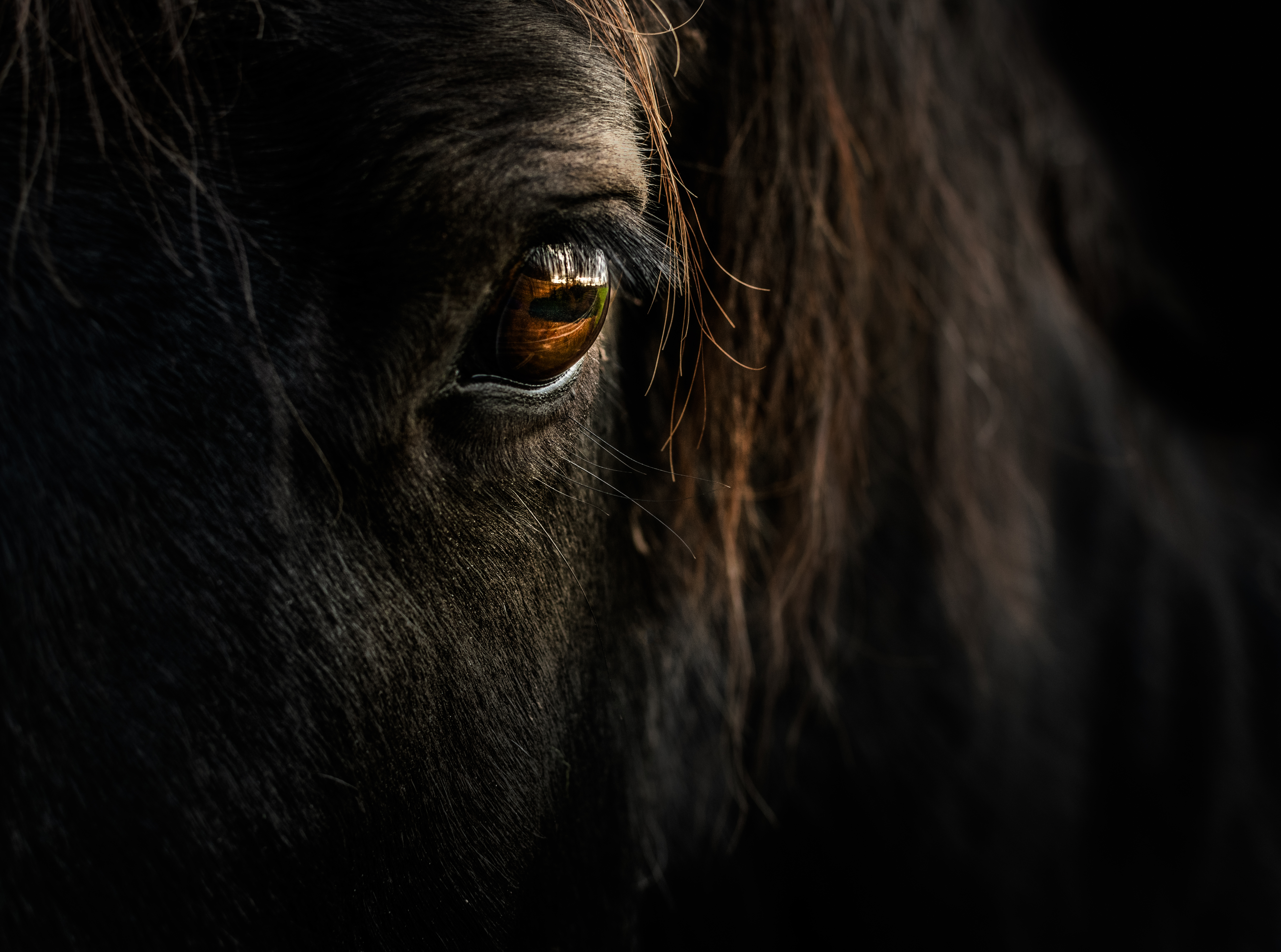
Credit: Getty
Curious Questions: Can horses really heal humans?
The claims made for how horses help humans get over all manner of trauma stretch back to ancient times. Pippa

Curious Questions: Is kissing good for you?
Annunciata Elwes asks the question on everyone's lips.
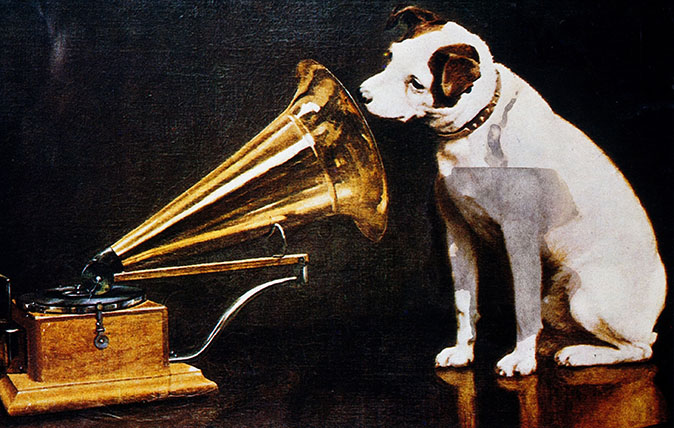
Credit: Alamy Stock Photo
Curious questions: Do dogs like listening to music?
As a nation of dog lovers, we’ve already seen home-cooking for canines, ‘pup cakes’ and Pawsecco. Now, we’re composing music

Credit: Getty Images
Curious Questions: Why do we say it with flowers?
Post-Valentine's Day, Martin Fone takes a look at the true meaning behind flowers, decoding what each individual bloom says about
-
 Seven of the UK’s best Arts and Crafts buildings — and you can stay in all of them
Seven of the UK’s best Arts and Crafts buildings — and you can stay in all of themThe Arts and Crafts movement was an international design trend with roots in the UK — and lots of buildings built and decorated in the style have since been turned into hotels.
By Ben West
-
 A Grecian masterpiece that might be one of the nation's finest homes comes up for sale in Kent
A Grecian masterpiece that might be one of the nation's finest homes comes up for sale in KentGrade I-listed Holwood House sits in 40 acres of private parkland just 15 miles from central London. It is spectacular.
By Penny Churchill
-
 Curious Questions: Why do golf balls have dimples? And why are tennis balls furry?
Curious Questions: Why do golf balls have dimples? And why are tennis balls furry?As the weather picks up, millions of us start thinking about dusting off our golf clubs and tennis rackets. And as he did so, Martin Fone got thinking: why aren't the balls we use for tennis and golf perfectly smooth?
By Martin Fone
-
 Curious questions: How a horse on a treadmill almost defeated a steam locomotive
Curious questions: How a horse on a treadmill almost defeated a steam locomotiveThe wonderful tale of Thomas Brandreth's Cycloped and the first steam-powered railway.
By Martin Fone
-
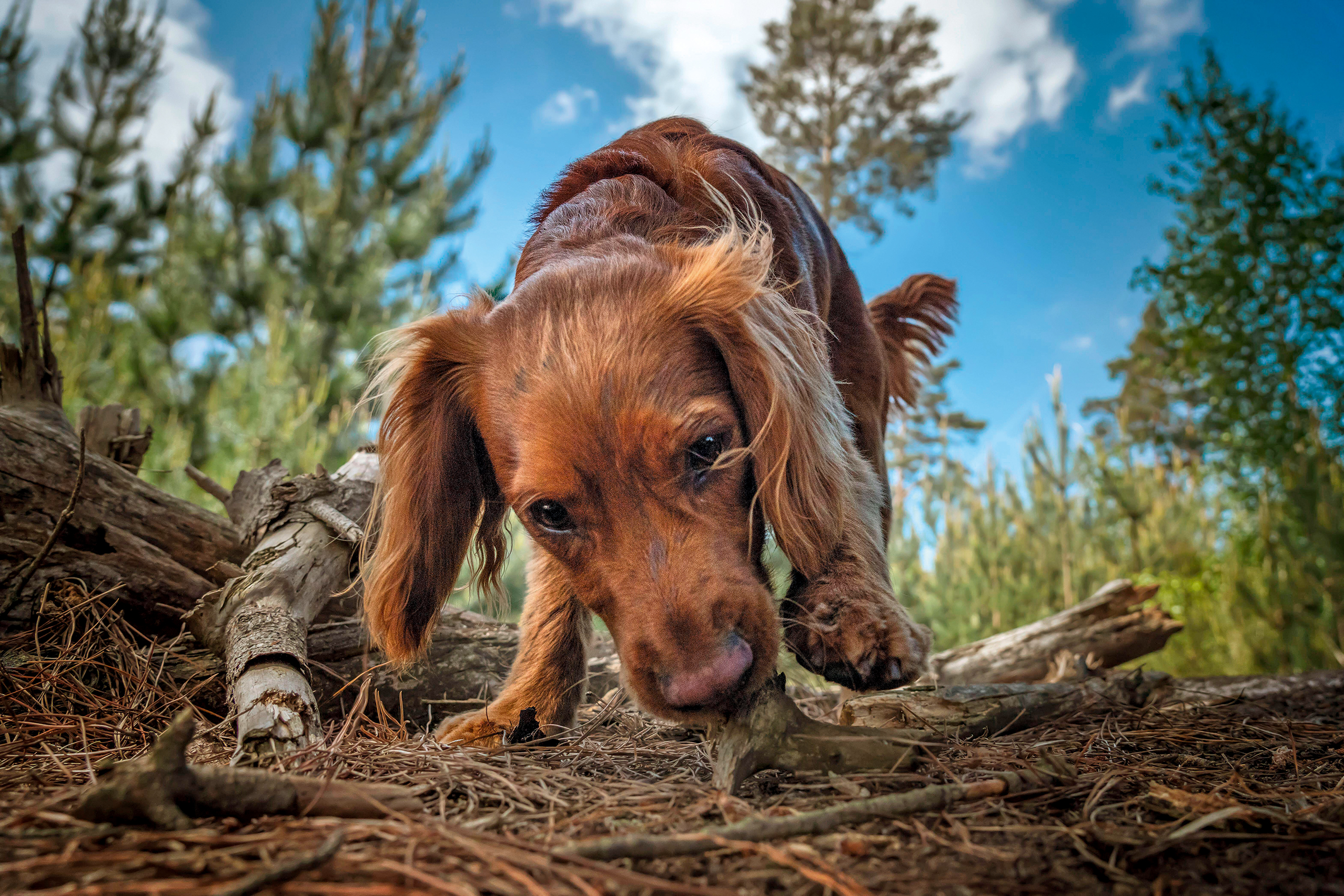 You've got peemail: Why dogs sniff each other's urine
You've got peemail: Why dogs sniff each other's urineEver wondered why your dog is so fond of sniffing another’s pee? 'The urine is the carrier service, the equivalent of Outlook or Gmail,' explains Laura Parker.
By Laura Parker
-
 Curious Questions: Which person has spent the most time on TV?
Curious Questions: Which person has spent the most time on TV?Is it Elvis? Is it Queen Elizabeth II? Is it Gary Lineker? No, it's an eight-year-old girl called Carole and a terrifying clown. Here is the history of the BBC's Test Card F.
By Rob Crossan
-
 The ship that was in two different centuries, two different years, two different months, two different days and two different seasons, all at the same time
The ship that was in two different centuries, two different years, two different months, two different days and two different seasons, all at the same timeOn December 31, 1899, the SS Warrimoo may have travelled through time — but did it really happen?
By Martin Fone
-
 Curious Questions: Was music's famous 'Lady of the Nightingales' nothing more than a hoaxer?
Curious Questions: Was music's famous 'Lady of the Nightingales' nothing more than a hoaxer?Beatrice Harrison, aka ‘The Lady of the Nightingales’, charmed King and country with her garden duets alongside the nightingales singing in a Surrey garden. One hundred years later, Julian Lloyd Webber examines whether her performances were fact or fiction.
By Julian Lloyd Webber
-
 Curious Questions: Who wrote the Happy Birthday song?
Curious Questions: Who wrote the Happy Birthday song?There are few things less pleasurable than a tuneless public rendition of Happy Birthday To You, says Rob Crossan, a century after the little ditty came into being
By Rob Crossan
-
 Why do we get so many April showers?
Why do we get so many April showers?It's the time of year when a torrential downpour can come and go in minutes — or drench one side of the street while leaving the other side dry. It's all to the good for growing, says Lia Leendertz as she takes a look at the weather of April.
By Lia Leendertz